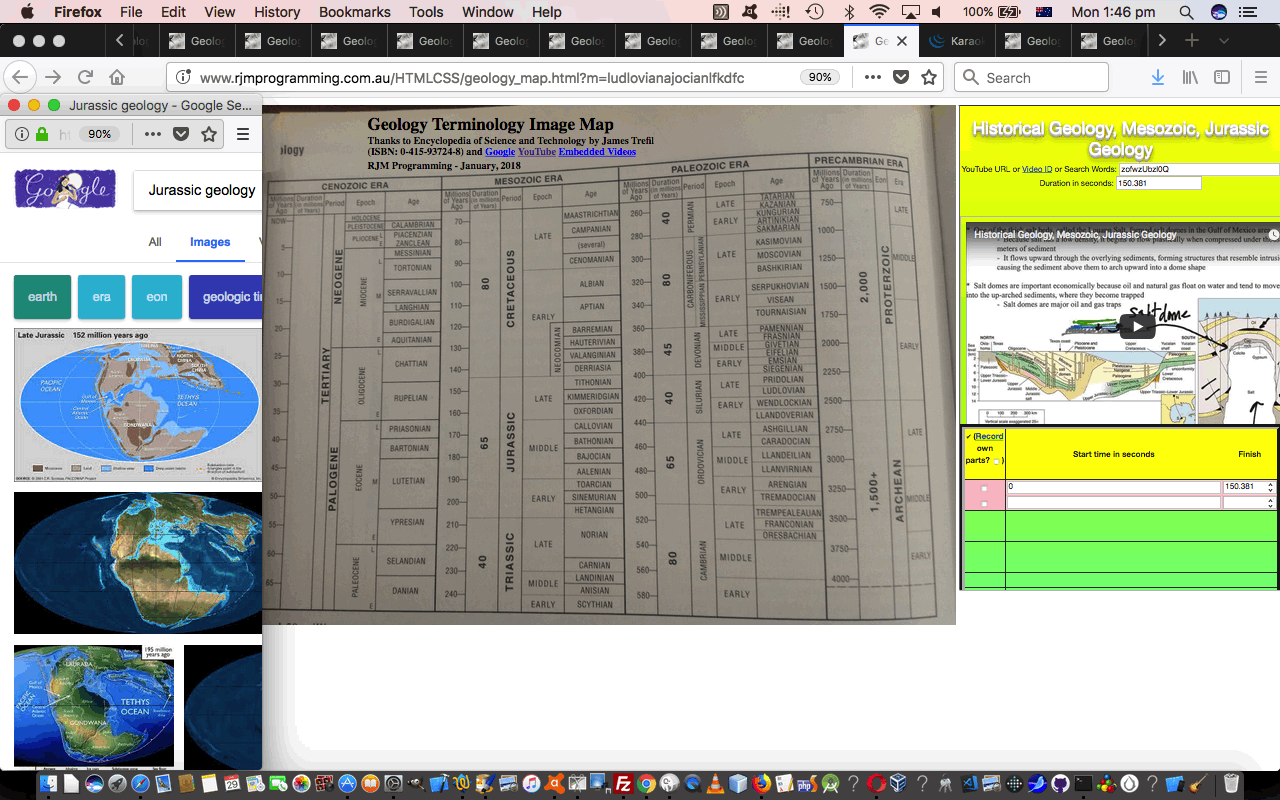It’s got to be true for everyone who’s stepped on Earth that “there’s more we don’t know than we know”. That’s why the Internet has been such a revolution for so many people. Given a connection to the Internet … for those of us lucky enough to have this access … you can zoom around the search engines finding out information about topics you want to find out more. Nowadays, the volume of data out there means that “modes of filtering” the information become the new frontier for success for the online researcher. Personally, for topics that I want an introduction to, I find a Google search via Images a good start. They say “a picture tells a thousand words” and when you’re starting from scratch, think that is very true. It can even serve as the precursor to decisions about whether you need that more detailed “next step” to your research, or not. A Google image search via topic is a lot easier than determining a Course Outline that suits your more indepth study requirements. That’s all well and good for our opinion, but we see that many many people prefer to watch YouTube (API for Iframe embedded) videos to do their learning, so we’ve added that functionality into the mix as well.
Today’s topic is “Geology Terminology”, and we’ve written a web application whose “central plank” is an HTML image map constructed via us, armed with an iPad camera photograph of a table from the wonderful Encyclopedia of Science and Technology by James Trefil (ISBN: 0-415-93724-8) (thanks), using that great Mobilefish image map helper functionality here to create a “click and research” web application.
How to test whether such a web application “cuts the mustard”? Pick a topic you know very little about, and road test whether the clicks you venture onto from the image map take you to Google search data of interest. Simple as that, we reckon, when it comes to “early days” research.
You can try this “Geology Terminology” web application out for yourself at this live

If this was interesting you may be interested in this too.





 Menu
Menu









6 Responses to Geology Terminology Primer Tutorial